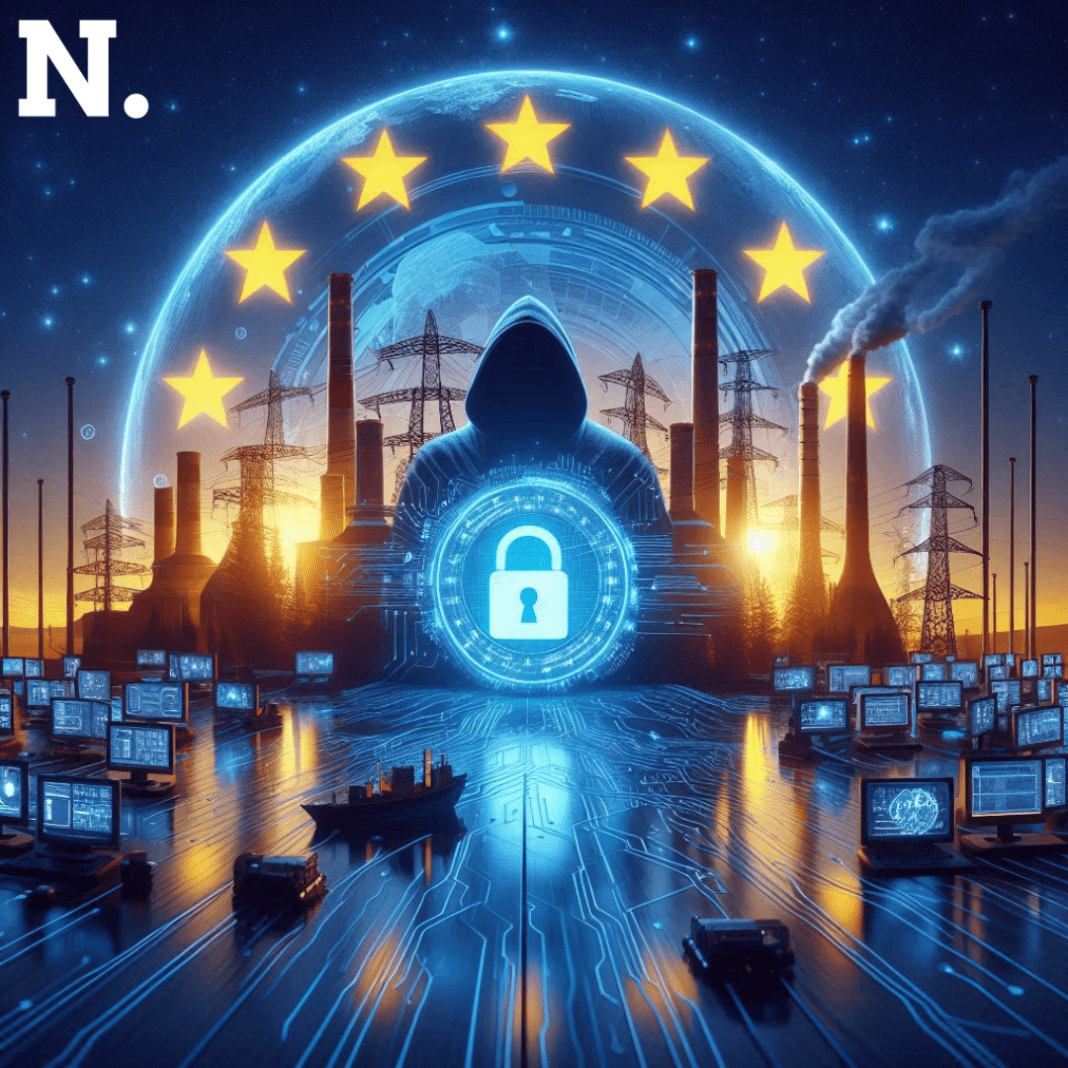The 7th edition of Cyber Europe has just concluded, testing the resilience of the energy sector of the EU and forming one of the largest exercises on cybersecurity in Europe. Organized by the European Union Agency for Cybersecurity, ENISA, it put forward a range of large-scale cyber incident simulations among candidates sufficient to underline the requirement for robust cybersecurity measures to protect one of Europe’s most vital industries from escalating threats to cybersecurity.
the growing threats to critical infrastructure sectors in the EU, cybersecurity has grown in cyberattacks within the last few years. Only in 2023, there were more than 200 reported cyber incidents targeting the energy sector, with over half targeting Europe. This large influx of threats reflects the vulnerability of the energy sector to sabotage—an area very significant to the European economy.
EU Commissioner for the Internal Market, Thierry Breton, visited the ENISA premises and visited the Cyber Europe Exercise room to get familiar with the exercise first-hand. “Cybersecurity is the common priority,” mentioned Thierry Breton. “In 2023 alone, more than 200 cyber incidents have been reported targeting the energy sector; more than half of them targeted Europe. Cybersecurity threats in critical sectors impact citizens’ daily life, businesses, and public services throughout the EU. This is key testing of our resilience to cyber threats with all key partners if we wish to protect EU citizens.”
EU Energy Sector Faces Cybersecurity Test
The exercise has emulated a wide variety of sophisticated cyber-attack scenarios in a two-day event, training coordination and crisis management. More than 1,000 experts from 30 national cybersecurity agencies, EU agencies, bodies, and networks participated. Jointly, participants exercised in advanced scenarios on mitigating their respective strategies to guarantee business continuity in case of crises.
A report by ENISA on NIS investments in the EU reads that 32% of energy sector operators lack any critical OT processes covered by a Security Operations Centre. The lack of sufficient monitoring facilities creates a high risk, as these Operational Technology systems underpinning the energy sector are not adequately monitored. It also found that 52% of operators with essential services in the energy sector have single SOCs that cover both OT and Information Technology, a possible indication of a more holistic approach to cybersecurity.
ENISA’s Cyber Europe Bolsters Energy Security
The Cyber Europe exercise is one of the core activities in the efforts ENISA is making toward underpinning the cybersecurity posture of the EU. An exercise like this, simulating real scenarios of cyberattacks, will indicate how effective current security measures in place could be and point out areas for improvement. This year, the energy sector scenarios addressed problems of special relevance, including large-scale disruptions and their cascading effects on critical infrastructures.
Activities ranged from incident response and strategic decisions to elaborate and detailed cybersecurity measures. It was an exercise in collaboration that built a feeling of shared responsibility among the different stakeholders and thus underpinned the necessity of cooperation in defending against cyber threats.
Strengthening EU Cyber Defense
As ENISA turns 20 years old in 2024, the agency is at the heart of improving cybersecurity for Europe. The lessons learned from Cyber Europe will help to guide future strategies and initiatives to further strengthen the defensive posture of the EU against an ever-evolving threat landscape.
“The Cyber Europe exercise shows our commitment to the security of cyberspace,” said ENISA’s Executive Director, Juhan Lepassaar. “By bringing together a heterogeneous group of experts and stakeholders, we are able to understand challenges and develop more effective solutions for protecting our critical infrastructure better.”
In an era where cyber threats are increasingly sophisticated and pervasive, exercises like Cyber Europe are essential for preparing and mitigating potential impacts. Business operations of the EU energy sector, being at the heart of the European economy, must be vigilant and proactive across such threats to guarantee security and resilience.
Conclusion: Enhancing EU Resilience
The discussions of the 7th edition of Cyber Europe have once again underlined that the development of countermeasures against cyber-attacks on EU critical infrastructures forms an indispensable component of protection and resilience-building. In view of the rising cyber threats, this collaboration and preparedness will be crucial in defending the energy sector and, by extension, the European economy and society at large.





